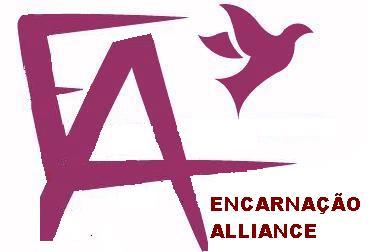|
Variances from the Core Program Variances (Please write Y for yes, you are in agreement or N for no, you disagree, for each item below, in which case give your reasons below and return to Viv by Jan 30) Variances at APU (to be added by Rich)
Variances at ATS (to be edited by Lee)
6. The theology faculty require additional courses in a Bible Overview 1. Introduction to the Bible (3 credits) equivalent to TUL500 (though has not been developed according to the standards of the MATUL. 2. Evangelical Theology (3 credits) Similar to the course required for M.A. grads in the old curriculum 3. Hermeneutics from the Underside (3 credits) General hermeneutics theory combined with ethnohermeneutics
Variances at HBI (to be edited by Paul)
¨ TUL 504 World Religions, ¨ Introduction to Theology, ¨ Introduction to Missions Variances in time commitments per semestral course. As best I can understand there is no common standard between the schools, so I deleted it from the program proposal, but it has resurfaced, so we need some definitions. Courses in general have been designed on the common stands of 120 hours per MA course, consisting of 39-40 hrs class contact time, 40 hrs practicum and 40 hrs reading and writing. However, Lee understands CHED require 54 hours of class contact time (this can include the practicum, but there is no Filipino statement as to total time for the course). (Lee we need somewhere to see the formal CHED documentation on this, don’t you think. I have searched their site twice but can’t find it anywhere.) Rich understands the global international standard as 160 hours for a masters course. (Rich can you dig out the sources for this statement). Viv understands it as 120 hours for a masters course (This is the Fuller standard and has used this for the master course designs). NZQA credit each course with 15 units = 150 hours. HBI work to a standard of >>>>>
|

